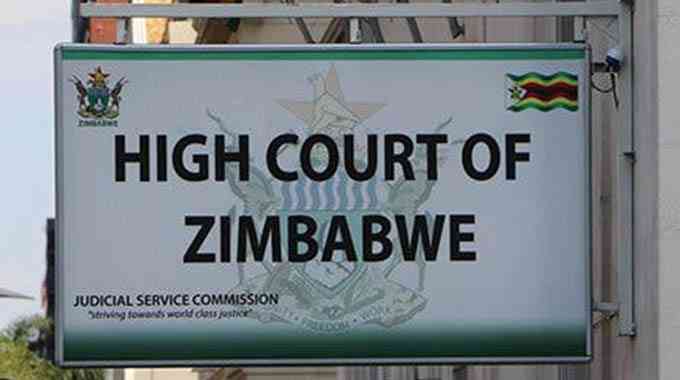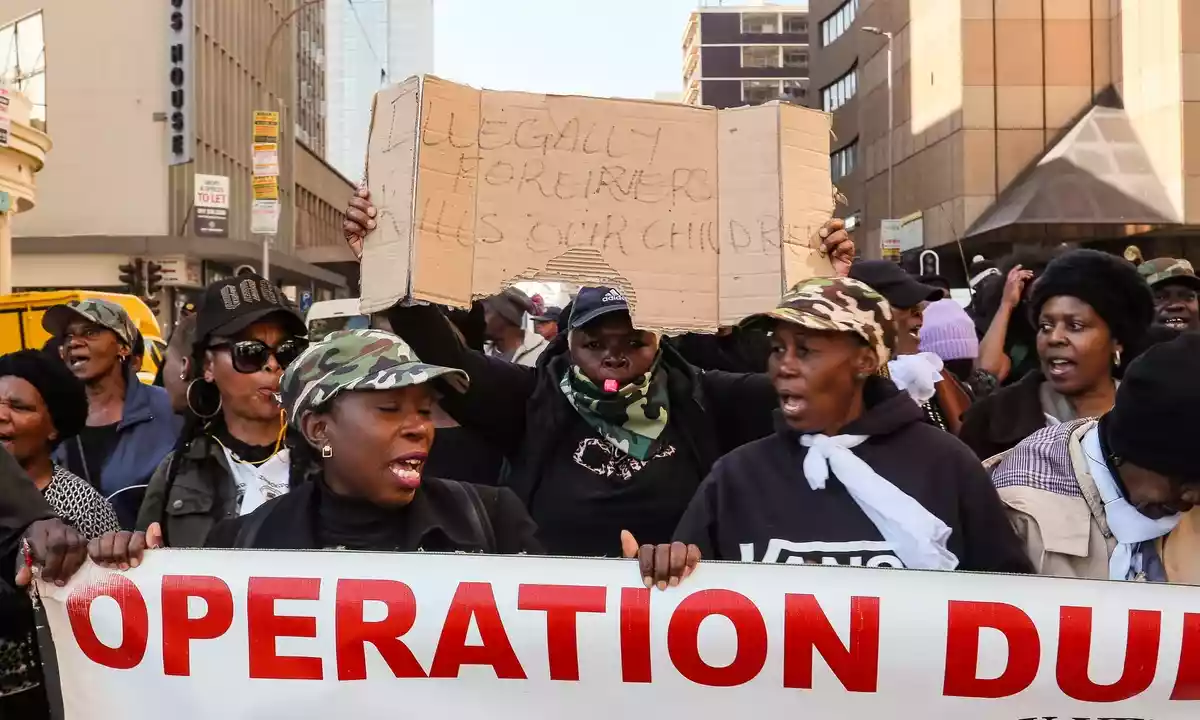
The High Court has ordered Arosume Property Development (Pvt) Ltd to be joined in a bitter property dispute involving former Zimbabwe Anti-Corruption Commission (Zacc) member Farai Olivia Mashonganyika and the Local Government minister Daniel Garwe.
High Court judge Justice Siyabona Musithu in her judgement granted the application in favour of Arosume saying they have "a direct and substantial interest" in the Carrick Creagh Estate matter.
“The applicant not only has a substantial interest in the issues raised in HCH 884/24 concerning the property, but the applicant’s rights in the said property will be affected by any judgment that may be rendered without its involvement.”
He stressed that excluding Arosume from the ongoing litigation would risk an incomplete determination of the matter.
“Rule 32(12) bestows upon the court the discretion to order any person whose presence before the court is necessary to ensure that all issues in dispute may be effectually and completely determined,” he said.
According to the court papers on stand 91 Kidron Valley Road, Carrick Creagh Estate, Borrowdale, transferred to Mashonganyika under Deed of Transfer 5690/2011. In 2022, the Ministry of Local Government moved to cancel her title deed, accusing her of failing to pay over US$520,195 in development costs and claiming she was not a member of the Sally Mugabe Housing Cooperative, which was part of the project.
Arosume, the developer in a public-private partnership (PPP) with the State and the cooperative, argued it was deliberately excluded when Mashonganyika filed a review application challenging the ministry’s cancellation order. The firm alleged that the deed was fraudulently obtained and that it had already filed an urgent application to block Mashonganyika from building on the land.
Mashonganyika, however, insists she bought the property legitimately in 2011, paying US$4,000 directly to the ministry after previously being misled by Arosume to part with US$10,000. She maintains the government acted unlawfully by cancelling her deed without a court order.
- Fresh land invasions hit Whitecliff
- Pomona cash row escalates
- Border Timbers targets European markets
- SA name strong A side for Zim tour
Keep Reading
“A deed of transfer confers real rights of ownership which cannot be terminated without a court order,” she argued in her opposing affidavit.
She further accused the ministry of acting at Arosume’s behest, alleging “connivance” between the developer and government to wrestle away her property.
Justice Musithu dismissed her objections, finding that Arosume’s interest arose from the tripartite PPP agreement governing Carrick Creagh. He noted that Mashonganyika herself had acknowledged the existence of a dispute with the developer in earlier court filings.
“The dispute is much broader than the mere administrative process that the first respondent claims she wants regularised,” the judge said. “Any judgment affecting the property will also impact the developer’s rights under the tripartite arrangement.”
The court granted Arosume’s joinder, directing the company to file its opposing papers in the main matter (HCH 884/24) within five days. The question of costs was deferred to that case.
The ruling paves the way for a full trial in which the High Court will weigh competing claims of fraud, non-payment, and unlawful cancellation in one of Harare’s most high-profile land battles.










